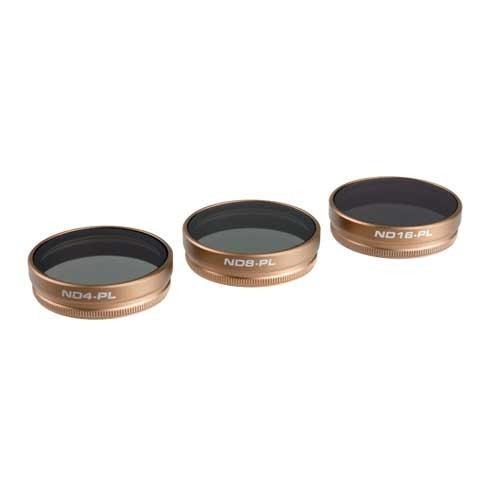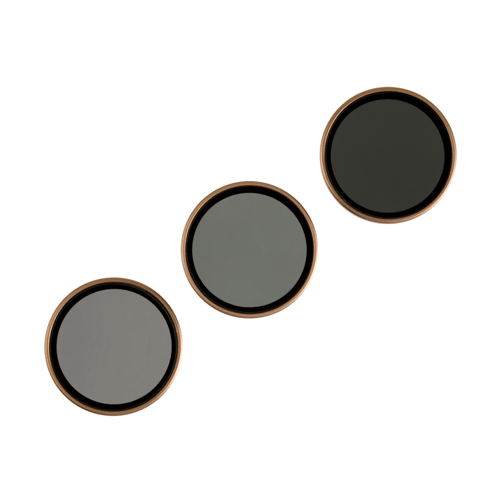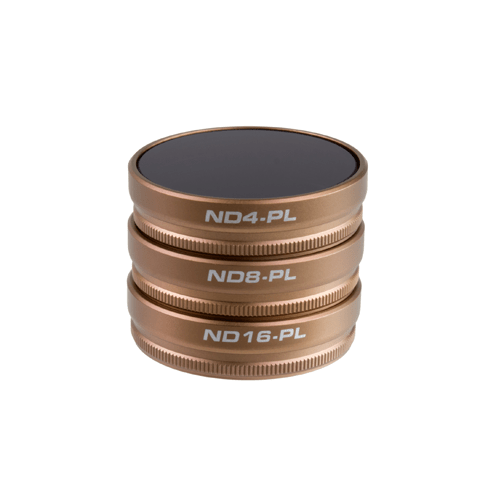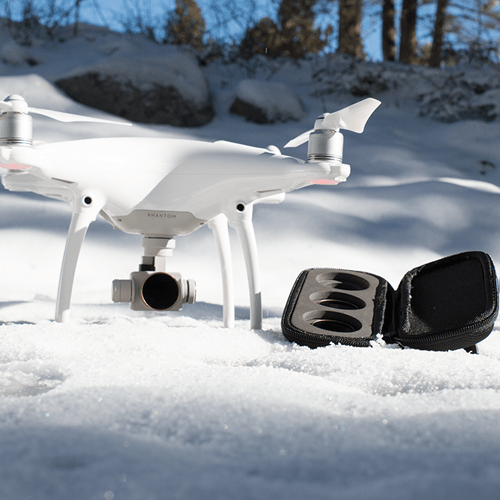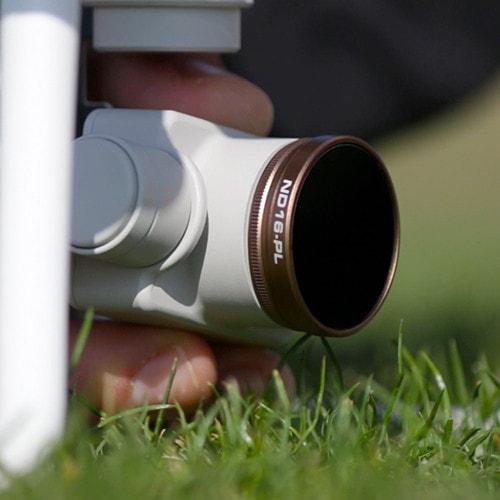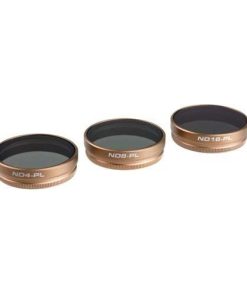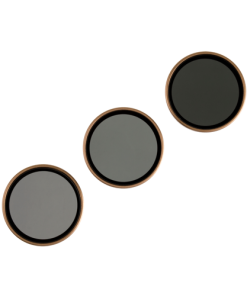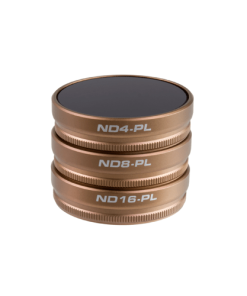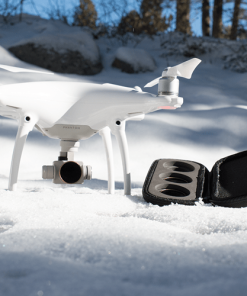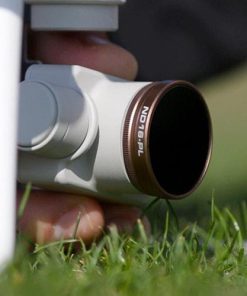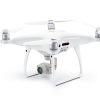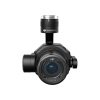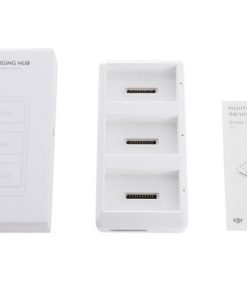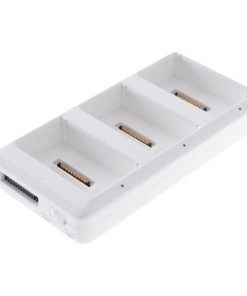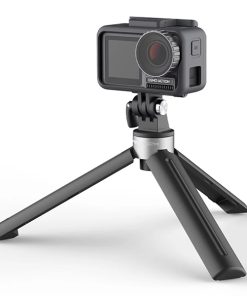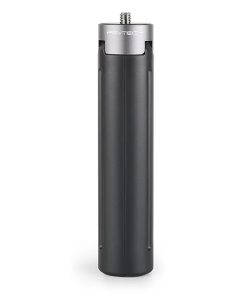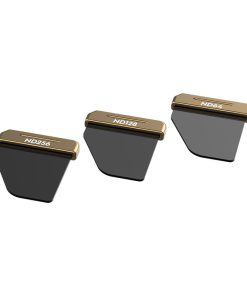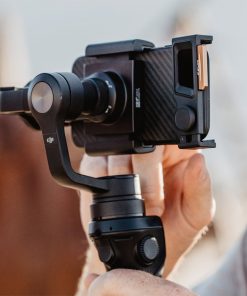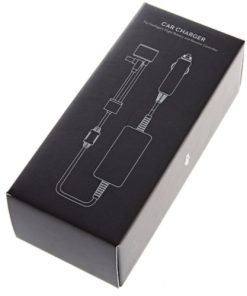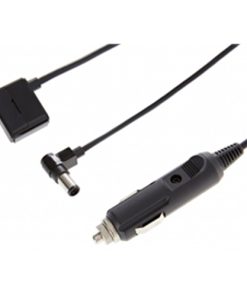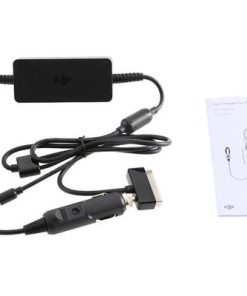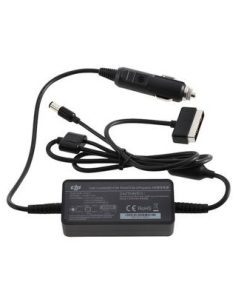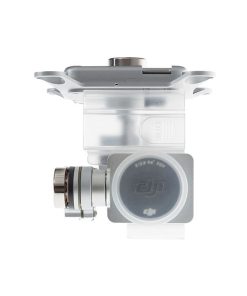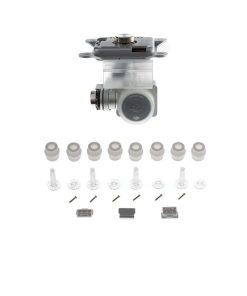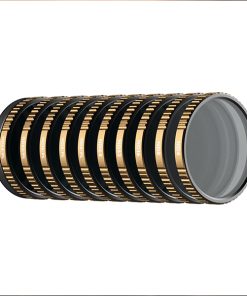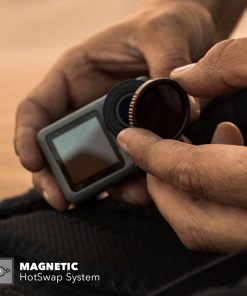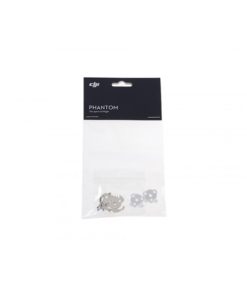P4 Pro Cinema Series-VIVID Collection
SKU: 0000750.00 €
Διαθέσιμο κατόπιν παραγγελίας
Overview:
The Vivid Collection Filter 3-Pack is part of PolarPro’s Cinema Series™ line. Featuring the highest grade glass and coatings on the market, the Cinema Series™ is for pilots who demand the absolute best. The Vivid Collection for the DJI Phantom 4 contains rotatable ND4/PL, ND8/PL, and ND16/PL filters for reducing the camera’s shutter speed, removing glare, and increasing color saturation. Each filter is precisely manufactured using PolarPro’s AirFrame™ featherlight design for smooth gimbal operation. The Cinema Series™ Vivid Collection for the Phantom 4 comes with a lifetime warranty, guaranteeing these filters will last longer than your drone.
Cinema Series™ Glass: PolarPro’s filter collection using the highest end glass and coatings available for pilots who demand the best. Cinema Series glass has a high light transmission and a low refractive index.
AirFrame™ Construction: PolarPro’s filter design specifically for aerial filming. Featherlight construction utilizes a precision threaded aircraft aluminum frame for smooth gimbal operation.
Included Filters:
ND4/PL Filter (5.67g): This filter reduces the camera’s shutter speed by 2 f-stops and polarizes light. We use this filter most often when filming at dusk or dawn, or on cloudy days.
ND8/PL Filter (5.6g): Reducing the camera’s shutter speed by 3 f-stops, the ND8/PL is the perfect filter for partly cloudy days. The polarizing aspect of this filter reduces glare and increases color saturation.
ND16/PL Filter (5.6g): Our go to filter when it is sunny out, the ND16/PL reduces shutter speed by 4 f-stops and polarizes the scene for capturing vivid colors on bright sunny days.
Cinema Series Packs:

When To Use:
The following guideline is a good starting point for when to use each filter while filming with your Phantom 4, Inspire 1 or Solo. The goal of this chart is to reduce the camera’s shutter speed to 1/60th to give aerial videos a smooth cinematic look, rather than a choppy high shutter speed look. A popular way of filming aerial video is to have your shutter speed at double your frame rate. So, if you are shooting 1080/60, then you want to try to achieve a 1/120th shutter speed. Or, if filming 4K/30 or 24, you will want to be near 1/60th shutter speed.

How To Install:
| Brand | PolarPro |
|---|



